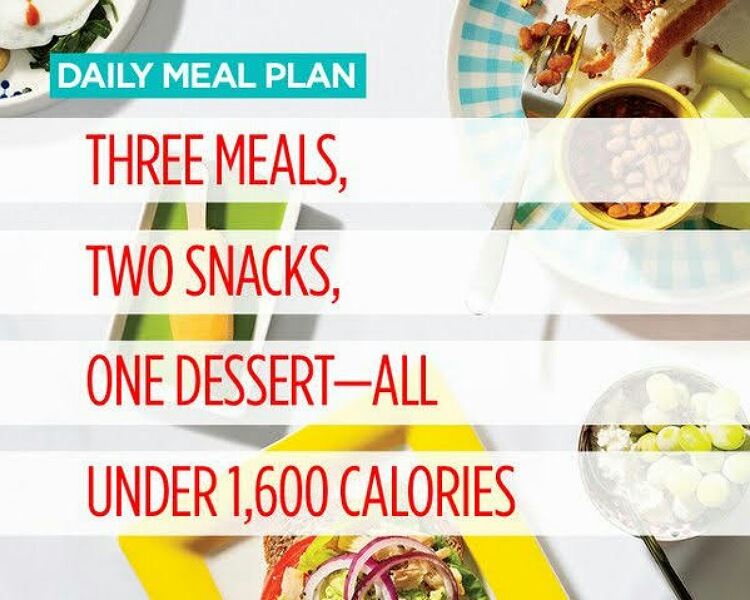Meals are the times we consume foods in order to acquire adequate calories and nutrients for our body. Every living creature on this Earth eats foods. But the frequency of food intake in a day is different and varies depending on the type of living being. Humans consume three meals in a day. Is it really needed? Is this the only way? What are the likely problems of more or less frequent eating? What happens if someone skips meals?
Three meals in a day
Every living being on this planet requires nourishment. Plants too derive it from the soil through their roots. Animals and birds have their own unique ways and timings of food intake daily in order to keep themselves healthy and fit.
Similarly, humans too have their own individual eating habits. These might be different from region to region. Age, gender, race, work schedules usually bear an influence on the frequency of meals that a person takes in a day. But normally, three square meals in a day are considered ideal and recommended by health experts.
But are these three meals in a day really necessary? Can we eat just once or twice in a day? What would happen if we eat more than 3 times in a day? Can we skip meals?
Frequency of meals and health
Generally, doctors and experts advise people to have three major meals in a day. Babies and small children usually consume foods at shorter intervals because they are growing and developing and need more energy. Moreover, they expend a lot of energy and calories in play and such activities.

However, adults generally have three meals in a day. But experts state that the number of meals in a day does not matter. What is more important is how you have your meals. The calories and amount and proportions of macronutrients you consume in a day are vital. Moreover, the amount of fiber, trace minerals, vitamins, and antioxidants in your daily diet is another factor that has a role to play in your health. Registered dietitian and professor in the Department of Preventive Medicine at Northwestern University, Linda Van Horn says:
“It is suggested that those who eat more frequent, smaller meals have learned how to limit their intake at each meal and do not have the ravenous appetite that accompanies the starve- all-day, stuff-all-night approach,”
Thus, even small frequent meals in a day but with portion control can help in improving health. It can prevent obesity and reduce risk of metabolic diseases and chronic diseases of heart and arteries. The bottom line is that one should starve oneself.
Skipping meals
Though you can reduce the number of meals in a day as long as you do not starve yourself, it is OK. But research has shown that if a person skips a meal, he or she eats more at the next meal. This is in order to satisfy the intense hunger and cravings that follow skipping of a meal. This is not healthy because ultimately more food and more calories enter the body. This causes weight gain and obesity. And obesity is the root cause of chronic metabolic diseases. Linda who also volunteers for campaigns of the American Heart Association adds:
“Overall, it is still the total calorie intake that determines someone’s body size,”
“Excess calorie intake, whether spread out over the day or consumed at one meal, will still contribute to weight gain.”

She continues:
“Those who forego breakfast, eat little or no lunch and then consume a large evening meal tend to have higher BMIs,”
Read more: Foods for diarrhea and post-diarrhea recovery phase!
Therefore, spread your calories intake across the day. Do portion control. Take only adequate calories in a day. Replace sugary foods with healthier alternatives. Keep a food diary. And exercise.